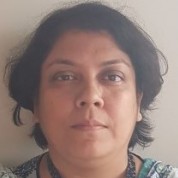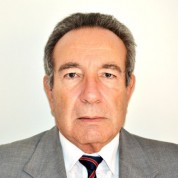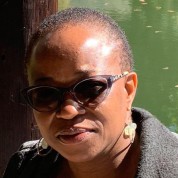Parallel Session 3.4
Solidarity & UHC – Leadership for Change
1 February 2020
15:30 - 17:30 hrs.
| Room | : | Lotus Suite 5-7, FL. 22 |
Background :
Achieving UHC requires overcoming many challenges. Much of the discussion on UHC focuses on technical challenges, including but not limited to health systems strengthening based on PHC, financial support and sustainability, assessment of technologies, etc. The appropriate responses to these challenges – while they may change with technological advances – are generally knowable through evidence-based analysis. These challenges have been extensively discussed and published.
However, translating empirically sound technical solutions into impact on the ground requires working through often more difficult and more nuanced leadership challenges, largely adaptive in nature. This requires creating space for all relevant voices (including, for example, the voice of under-served communities), and space in which diverse stakeholders can express and work out their differences. Adaptive challenges (addressing power dynamics, identifying core values and broad sets of options consistent with these values, and testing trade-offs and compromises, etc.) may be collectively called ‘the political economy’ of UHC. Effective leadership in this space typically requires a different skill set from more traditional “top-down” delivery models, particularly working between and within sectors and values/beliefs to building coalition of diverse stakeholders. This issue has been much less discussed and published.
The global grassroot AIDS solidarity mass movement is a model for catalyzing change and has an impactful story to share on affecting leadership for change in public health, which can also directly benefit the UHC movement and offer strategies to help overcome the systemic challenges currently facing UHC.
Objectives :
- Understanding what types of leadership (relational and individual-based), and where it should come from, is needed to achieve and sustain UHC by 2030
- Share and learn the leadership lessons from previous successful/failed efforts to work across diverse stakeholder groups to design and implement UHC
- Lessons from the global AIDS solidarity movement
- Learn what practical things that we (as individuals, organizations, communities, and nations) need to do to facilitate and support the emergence of effective leaders for UHC





